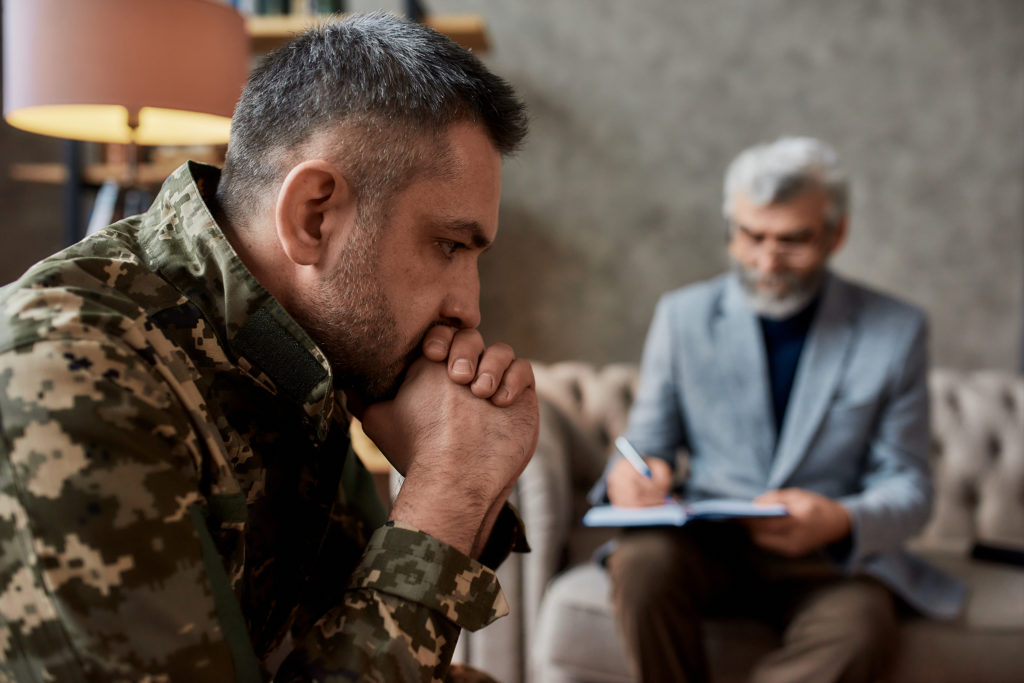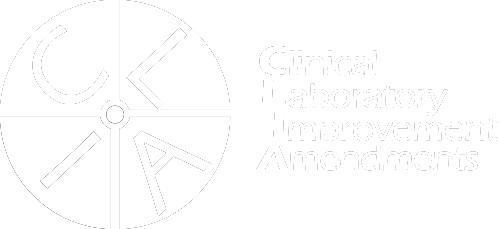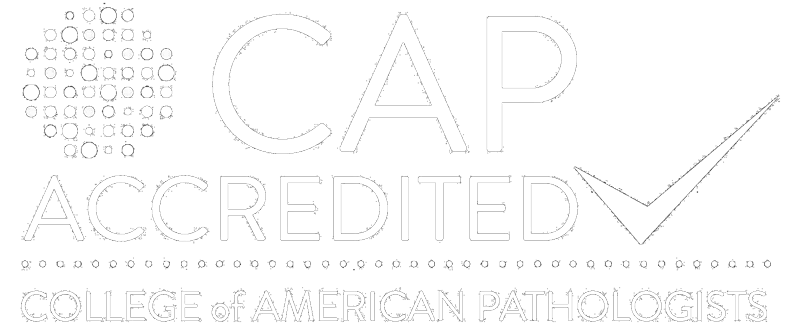It’s easy to get lost in the patriotic spirit that the month of November brings. Social media posts honoring our veterans, American flags hung proudly, and radio stations sharing stories of heroes that risked their lives for our nation gives us a warm feeling of pride. Surprisingly, there is another side to the veterans we honor that we don’t seem to be as vocal about. Surveys show that around one-third of veterans have been arrested at some point in their lives – with one in 10 U.S. Citizens behind bars being a veteran. As alarming as this statistic is, why is it not something we discuss when speaking about our veterans?
Stigma has caused many to turn a blind eye to the not so appealing parts of the military which has allowed for a previously manageable problem to grow larger and larger. For those who are fortunate enough to return home to their families, nearly half return with mental health conditions, and one in five have service-related PTSD that may or may not be treated. According to a survey in 2020, 1.72 million veterans received support through the VA for their mental health and 525,000 of those were treated for substance use disorder. This number is alarmingly low compared to the 18 million veterans America has currently, leaving many vulnerable to homelessness and arrest.
The Veterans Administration (VA) provides a variety of services for veterans including disability compensation, pension, education, home loans, life insurance, vocational, rehabilitation, survivors’ benefits, health care, and burial benefits. These services are extremely helpful, but there is still more that needs done to help those veterans with trauma, PTSD and substance use disorder who become justice-involved and could go to prison. Veterans can lose health care services if they are discharged negatively or find themselves in the criminal justice system. Furthermore, VAs have a large population to serve and provide care for many different needs.
Veterans who become justice involved for non-violent crimes, can sometimes be given the opportunity to enter a Veteran’s Treatment Court based on a risk needs assessment. Justice For Vets, a division of the National Association of Drug Court Professionals, is dedicated to transforming the way the justice system identifies, assesses and treats our veterans, who are involved in the criminal justice system due to mental health disorders, trauma, and substance use. As a result, veterans are kept out of prison—preventing the loss of one of our nation’s greatest assets to our families and communities—and they are connected with the benefits and treatment they have earned, all while saving tax dollars for the American public.
Veteran Treatment Courts allow veterans an opportunity to receive the supervision, treatment and accountability they need to reach recovery. A risk needs assessment is done to evaluate the veteran to determine if he or she is eligible to become a participant in a Veterans Treatment Court instead of going to prison. These programs can last anywhere from a few months to years and are supervised by a judge, a multidisciplinary team, and veteran mentors. The first-ever Veteran Treatment Court that was started in Buffalo, New York, has a 98% success rate since its beginning. The amount of monitoring and check-ins can be difficult for many veterans at first, but many later realize the importance of accountability and structure in their treatment journey.
In 2015, over 11,000 people have received life-changing treatment from a Veteran’s Treatment Court. These programs have significantly reduced the recidivism rate and have allowed veterans to break negative cycles that lead to the criminal justice system. This in turn saves taxpayers money by treating instead of punishing veterans and gives back dignity to those who fought for our freedom.
Although we should honor those who served our military and returned without mental scars, we also need to support and care for those that returned with trauma, PTSD and substance use disorder. Turning a blind eye to the people behind the statistics allows the cycle of judgment and dismissiveness to continue.



